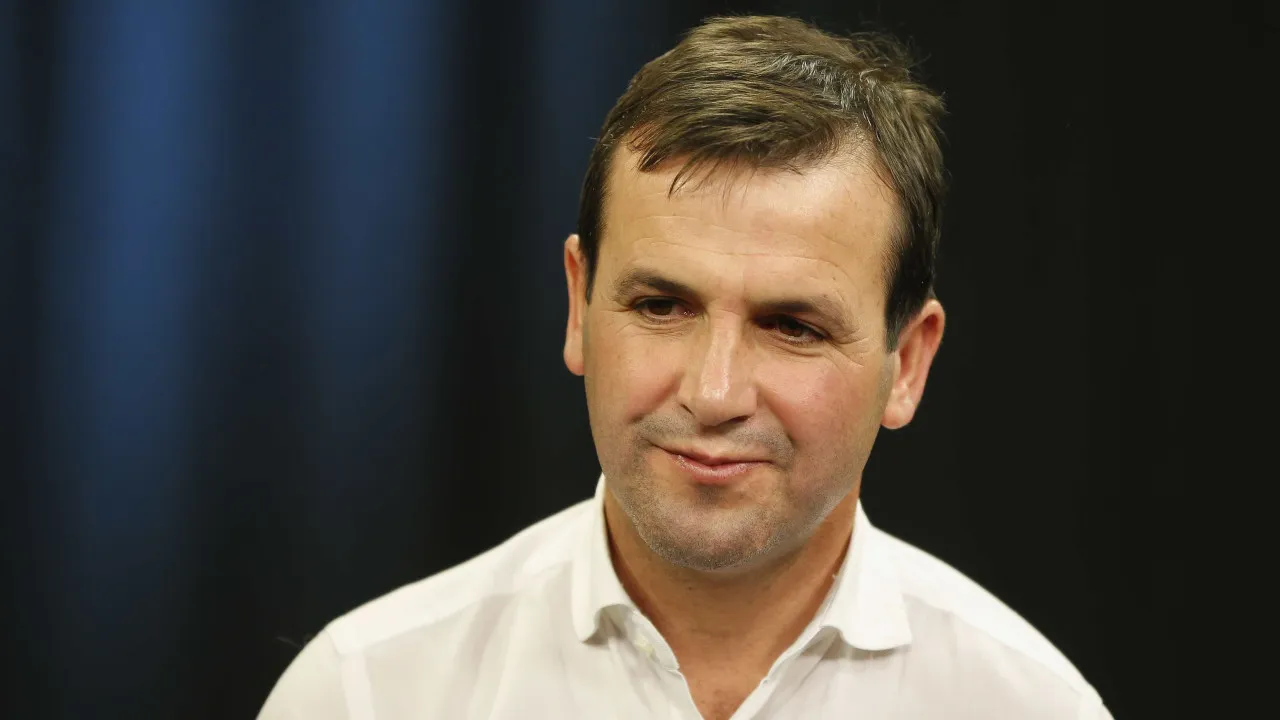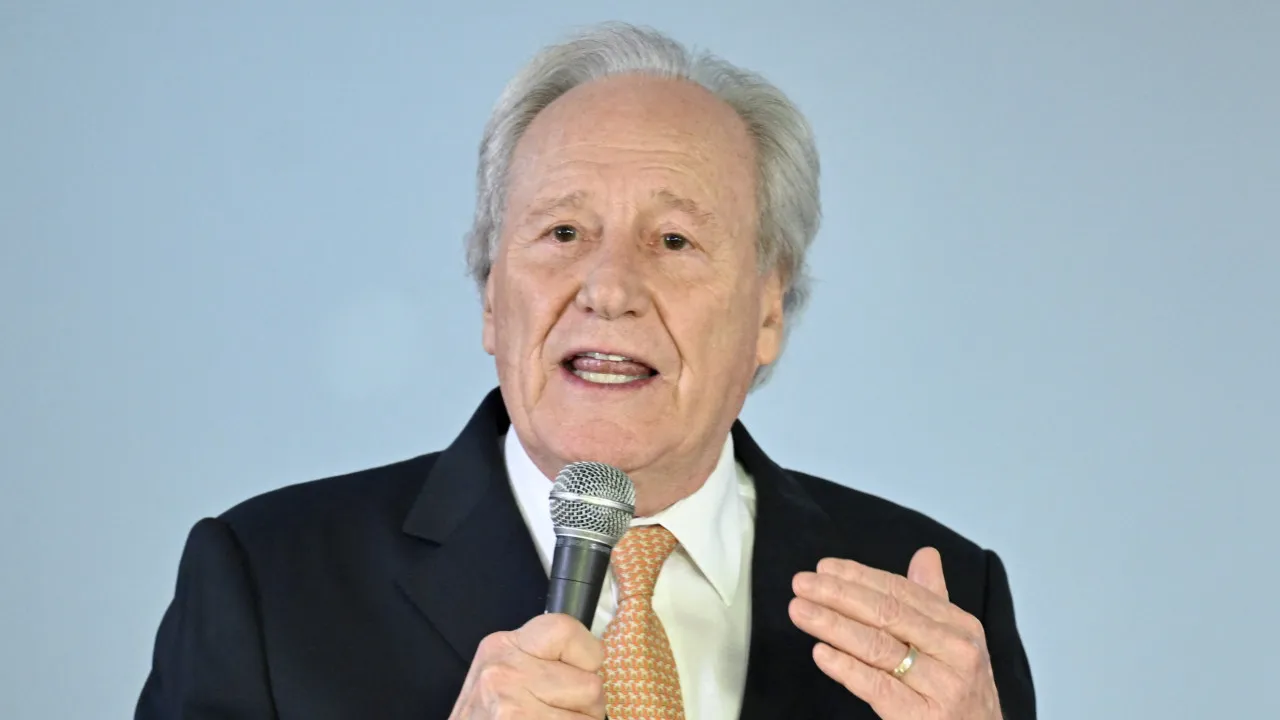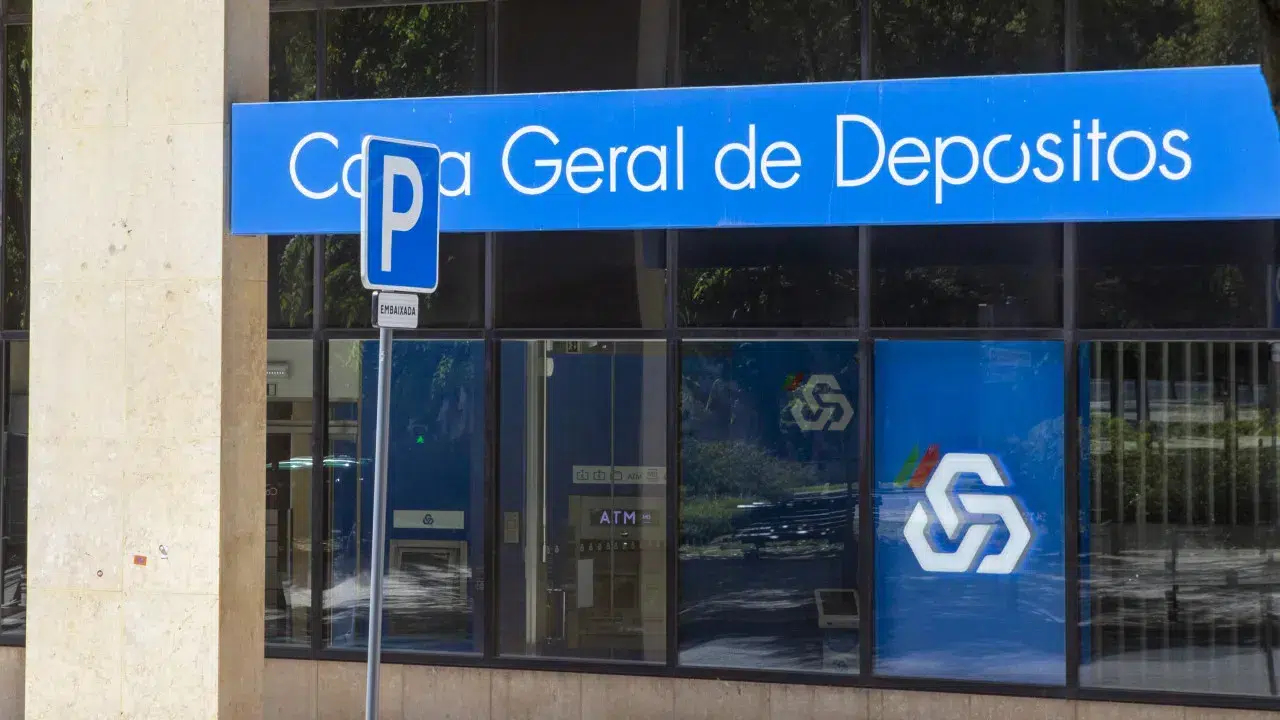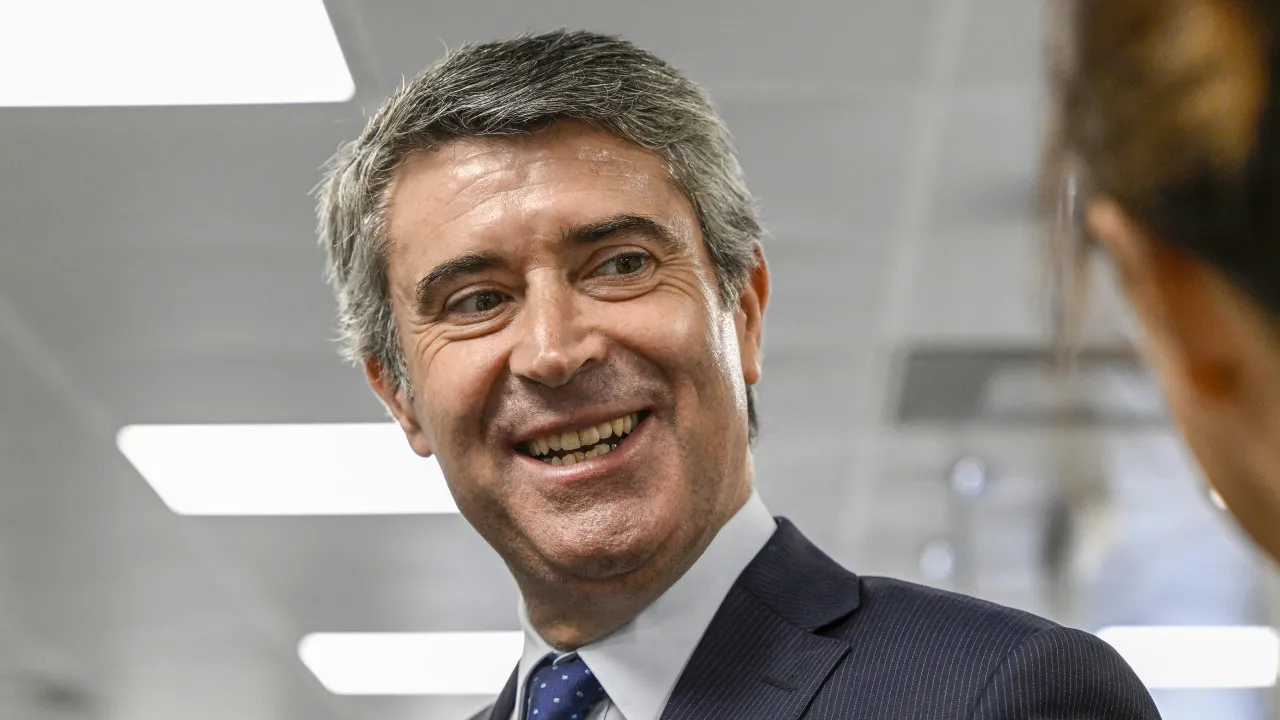
Almost a decade after making its debut in regional elections in 2015, when Miguel Albuquerque (PSD) was first elected president of the Regional Government, the Juntos Pelo Povo (JPP) party has become the second-largest political force with the most deputies in the Madeira parliament.
Élvio Sousa set a target of reaching 33,000 votes before the elections and has consistently stated that the party “is ready” and equipped to govern.
On Sunday night, reacting to the provisional election results, Sousa acknowledged the possibility of an alternative government, although this seems unlikely.
The PSD secured victory without an absolute majority, electing 23 out of the 24 necessary deputies. The PS became the third-largest political force with eight elected members. Chega elected three deputies, while CDS-PP and IL each secured one seat.
Élvio Sousa, who regularly exercises at the gym and runs outdoors, recently declared that he “saw in the stars” that he would become president of the Regional Government.
A trained archaeologist and doctorate holder, Sousa also holds a degree in History and a master’s in Regional and Local History from the Faculty of Letters at the University of Lisbon. He is a researcher at the Centro de História de Aquém e de Além-Mar at the New University of Lisbon and is connected to the project of the Núcleo Histórico do Solar do Ribeirinho in Machico.
Born on April 19, 1973, Élvio Sousa, along with his brother Filipe Sousa, founded a group of voters known as “Pelo Povo de Gaula” in 2008 in the Santa Cruz municipality. The following year, it transformed into the citizens’ movement “Juntos Pelo Povo.”
The now leader of Madeira’s opposition began his regional political career by being elected president of the Gaula Parish Council in 2009.
In 2013, JPP won the Santa Cruz City Council, ousting PSD from the municipal leadership it had held since 1976. Two years later, in 2015, JPP became a political party and made a surprise debut in regional elections by electing five deputies.
Élvio Sousa, the JPP parliamentary leader in the Madeira Legislative Assembly, has never been part of another party and was successively elected in the 2019, 2023, and 2024 elections, emphasizing the JPP’s “oversight role” over the PSD Regional Government.
In the 2019 elections, JPP’s parliamentary group was reduced to three members, but, four years later, in the 2023 regional elections, it regained the two lost seats, returning to a five-member bench.
In the early regional elections of May 2024, JPP increased its vote count and achieved its best result up to that point, securing nine seats out of 47 in the Madeira parliamentary chamber, becoming the third most-voted party after PSD (19 deputies) and PS (11 deputies).
Following the election, the PS and JPP presented a joint government solution to the Republic’s representative for Madeira, Ireneu Barreto.
The judge did not accept the solution, as the two parties combined totaled 20 deputies, falling short of the 24 needed for an absolute majority, and nominated Miguel Albuquerque as the president of the executive, despite the lack of a majority.
Élvio Sousa habitually rises at around five a.m., enjoys the beach year-round, and when not engaged in party activities or public contact, he relishes spending time with his family.
Married and a father of two daughters, he is also fond of reading philosophy and poetry books, which serve as inspiration for many of his political speeches, alongside technical books.
On the morning of the election day, after casting his vote, he called on voters to “not stay at home” and quoted philosopher Jean-Paul Sartre, emphasizing that “the act of voting” contributes to bettering the world.
In the evening, after the results were announced, he quoted Pope Francis, saying: “God does not place hope in the great and powerful, but in the small and hopeful.”




